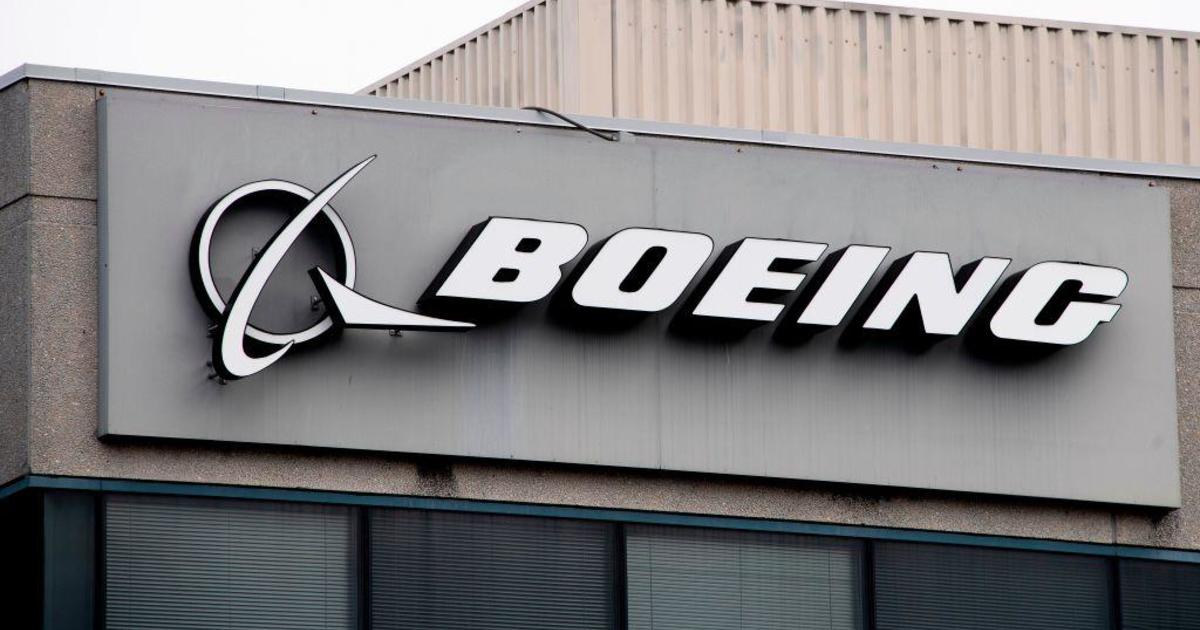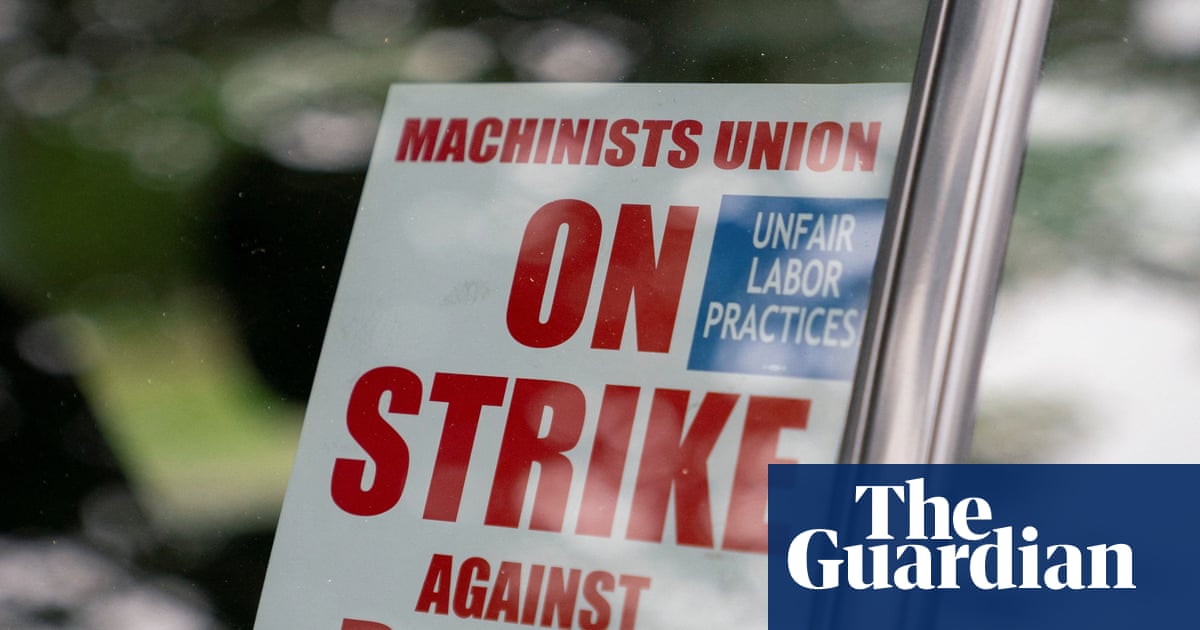Boeing Workers Reject Contract, Announce Strike at Key Defense Facilities
Over 3,200 Boeing workers in St. Louis, St. Charles, and Mascoutah rejected a labor agreement, planning a strike at defense facilities, the first since 1996.
Subscribe to unlock this story
We really don't like cutting you off, but you've reached your monthly limit. At just $5/month, subscriptions are how we keep this project going. Start your free 7-day trial today!
Get StartedHave an account? Sign in
Overview
- Over 3,200 Boeing workers, primarily involved in fighter jet production, have rejected a proposed labor agreement, signaling their intent to initiate a strike.
- The impending strike will affect Boeing's key facilities in St. Louis, St. Charles, and Mascoutah, marking the first labor stoppage at the St. Louis defense hub since 1996.
- Despite union leaders recommending a "landmark agreement" with a 20% wage increase and enhanced benefits, workers voted against the contract, indicating dissatisfaction.
- The rejected agreement offered a 20% wage increase over four years, along with improved medical, pension, and overtime benefits, which workers deemed insufficient.
- This labor dispute highlights ongoing tensions and follows Boeing's recent financial improvements, yet underscores broader struggles for the company after previous aircraft incidents.
Report issue

Read both sides in 5 minutes each day
Analysis
Center-leaning sources collectively frame the Boeing defense workers' strike as another significant blow to an "embattled" and "troubled" aviation giant. They emphasize Boeing's ongoing struggles, detailing past safety issues, previous walkouts, and low output. This editorial choice positions the strike as part of a broader narrative of the company's persistent crises, rather than an isolated labor dispute.
Articles (6)
Center (4)
FAQ
Workers rejected the contract because they deemed the offered 20% wage increase over four years and improved benefits insufficient, indicating dissatisfaction with the overall terms despite union leadership's recommendation.
The strike threatens to delay critical production of stealth fighter jets, jeopardize $6 billion in revenue, and potentially cause the Pentagon to reallocate contracts to competitors such as Lockheed Martin.
This is Boeing's first defense-related strike in 30 years, the first at key St. Louis defense facilities since 1996, and follows a costly 2024 commercial strike, highlighting escalating labor tensions within the company.
The strike further threatens Boeing's earnings and defense EBITDA multiples, already lagging sector averages, and risks undermining investor confidence after substantial losses from the 2024 commercial strike.
Boeing must balance union demands for better pay and benefits without compromising operational resilience or national security obligations, amid pressure to maintain contract reliability and company stability.
History
- 3M

 3 articles
3 articles




